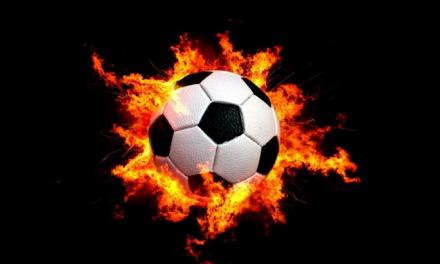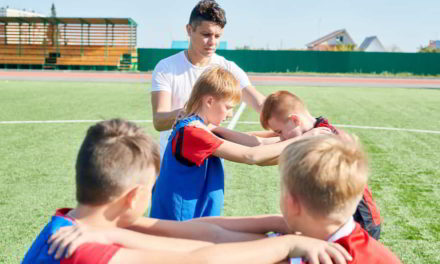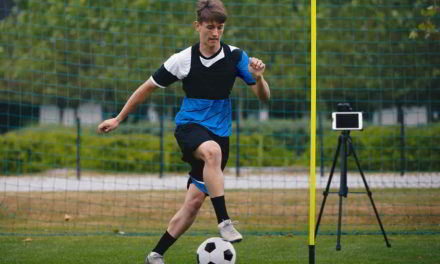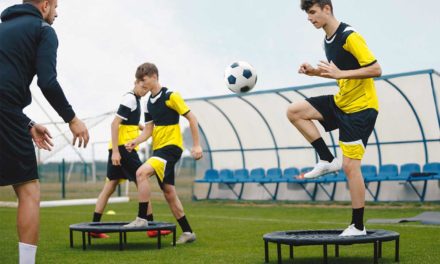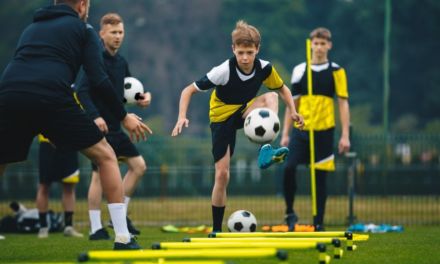The reason most of us went into PE teaching was based around the love of sport. Teaching, organising and coaching sport after school is still an undoubted highlight of the job for many. However, how sad is it that this is now something that takes you away from your desk or laptop and can become an obstacle to completing key tasks that are valued by the school leadership team.
If we are being honest, when a club or fixture is cancelled, we sometimes have that feeling that this ‘extra’ time gives us an opportunity to complete some marking or prepare for a meeting. The fact that the students are missing out on an enriching, healthy and social ‘lesson’ as part of the school day is not always a primary concern.
For most PE teachers in Secondary schools in the UK, spending your weekday evenings running recreational or competitive activities is now a thing of the past. It is simply no longer possible to maintain your own professional development, complete all your day-to-day responsibilities and still manage an extra-curricular programme for your students.
A question I often asked my school leadership team was what they wanted and expected from the PE department. At times, I seemed to be the only one in these meetings who saw the benefits of the extra-curricular programme. There also seemed to be a general level of ignorance about the time and effort needed to maintain this programme.
Putting up a poster about a club or team and hoping enough students turn up to make it worthwhile is not enough. Break times and lunches spent encouraging student participation and phone calls to parents to remind them to supply PE kit or inform them of their children’s late arrival home all take a huge amount of time. As a teacher who has a minimum of two meetings a week after school as well as the classroom and exam responsibilities of Sport and PE, how can I devote the necessary time to extra-curricular activities?
It seems completely illogical that the old fashioned PE teacher role of doing sport every evening (as this role traditionally included no marking and no involvement in whole school progress meetings, etc.) is still expected. In reality, the modern PE teacher has as much marking and data collection to complete, and as many meetings to attend, as other staff members. Combined with the fact PE teachers are still often in time-consuming pastoral roles, how can the extra-curricular sports programme continue when PE teachers are expected to manage it in their non-existent spare time?
Something has to give and, unfortunately, when you ask yourself what is more important to your school, your BTEC, GCSE, A-level sport and PE target grades being analysed and achieved and your role in whole school progress, or how many students attend and compete in extra-curricular sport, the answer is nearly always the former.
Using PE staff allocation to timetable extra-curricular lessons, and accountability of extra-curricular activities in a similar way to lesson observations and performance management have been ideas discussed at line management level but I personally don’t believe that it is fair to hold PE teachers accountable for extra-curricular sport without a radical change to the perception and importance of school sport as a whole.
Often against the wishes and social conscience of PE teachers, extra-curricular sport is not be considered a priority when it conflicts with the necessities of completing the PE teacher role to the satisfaction of the school leadership team.

